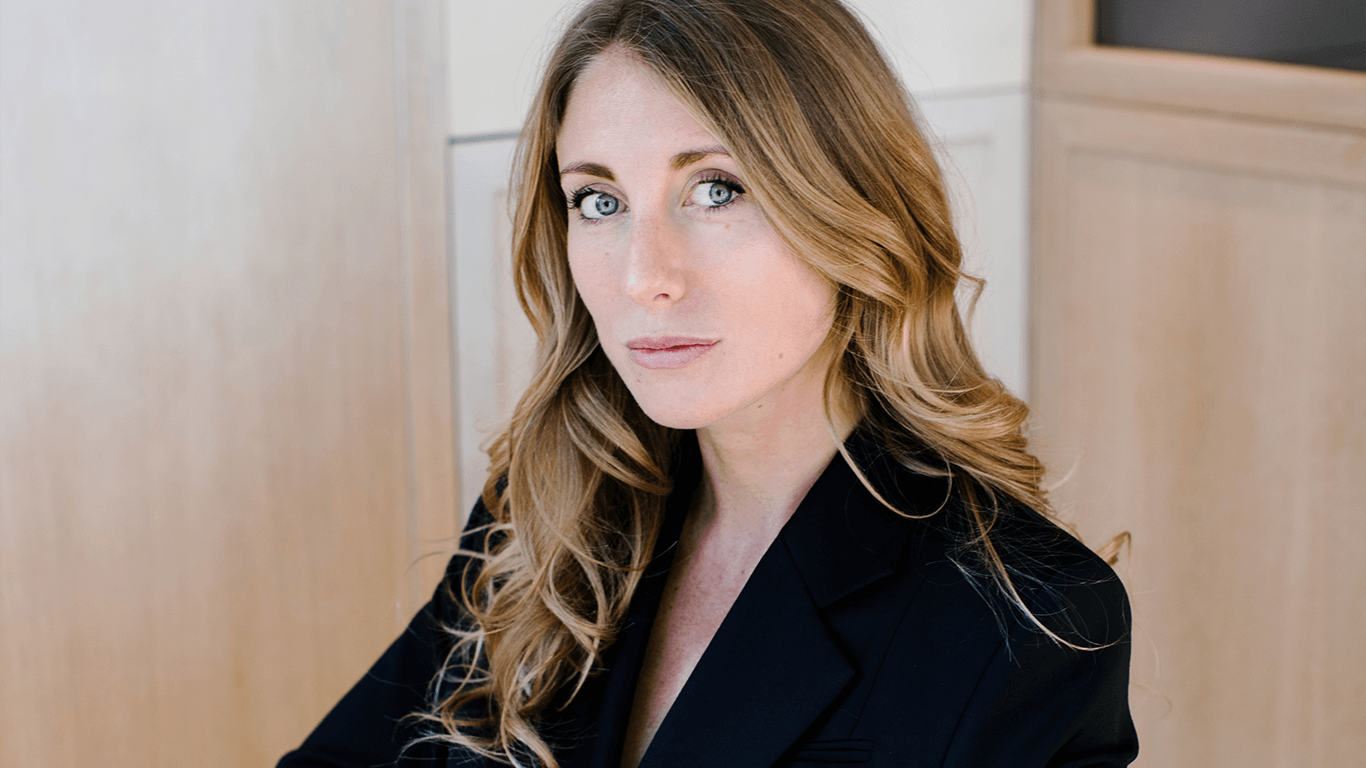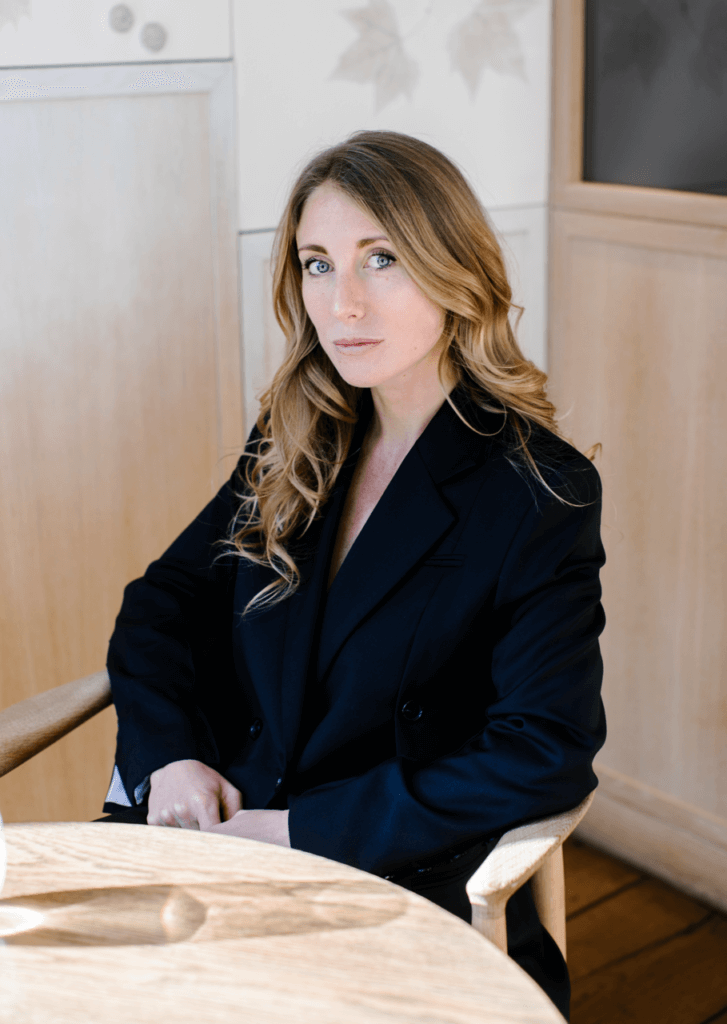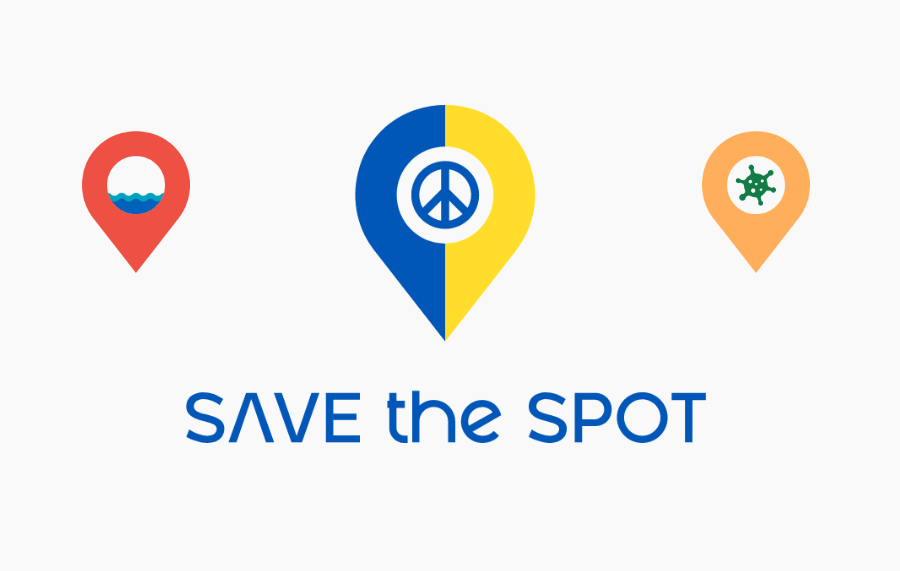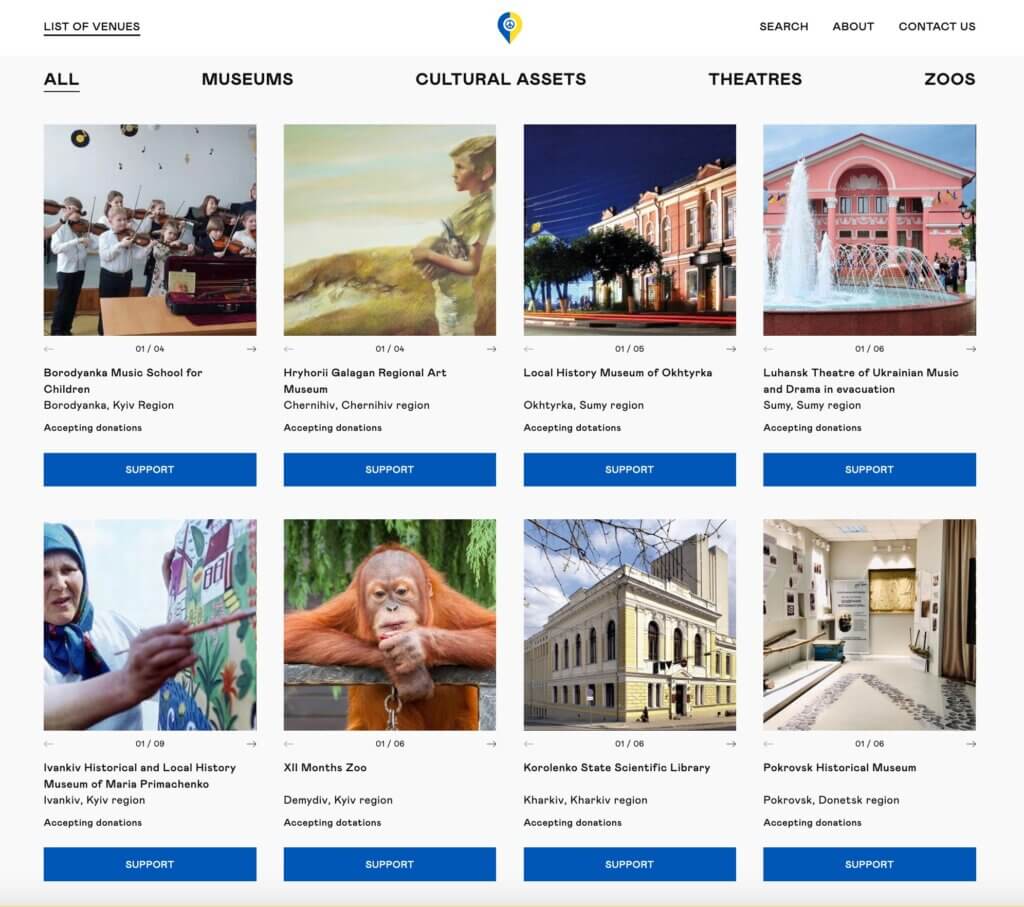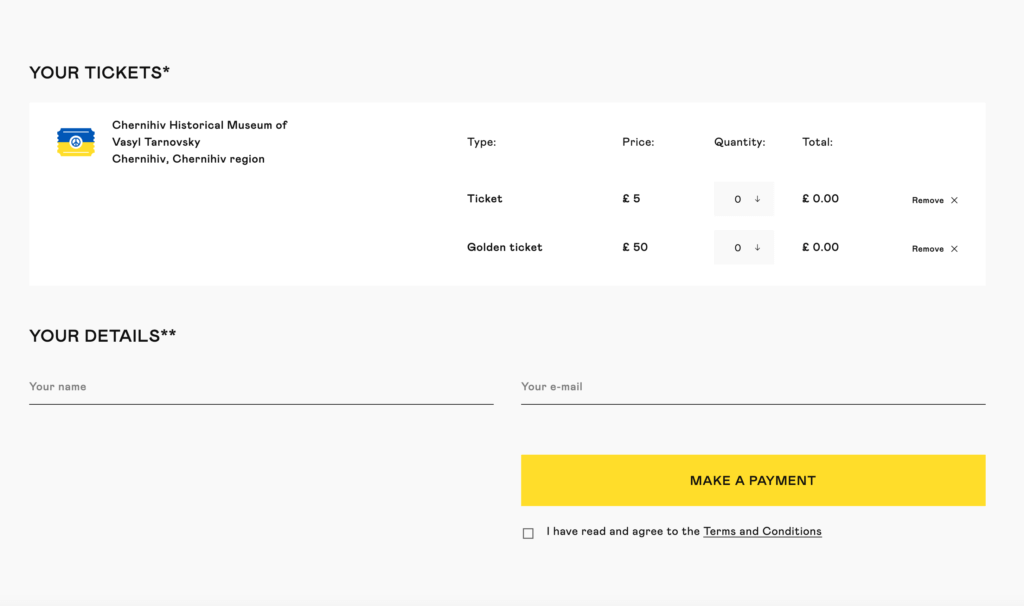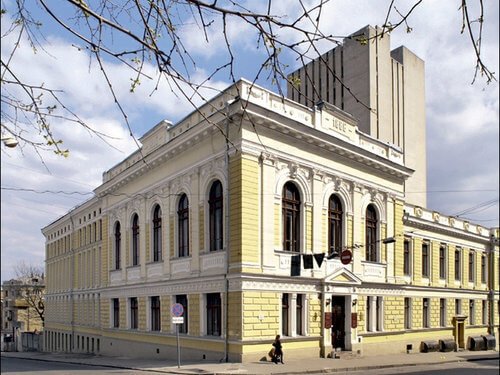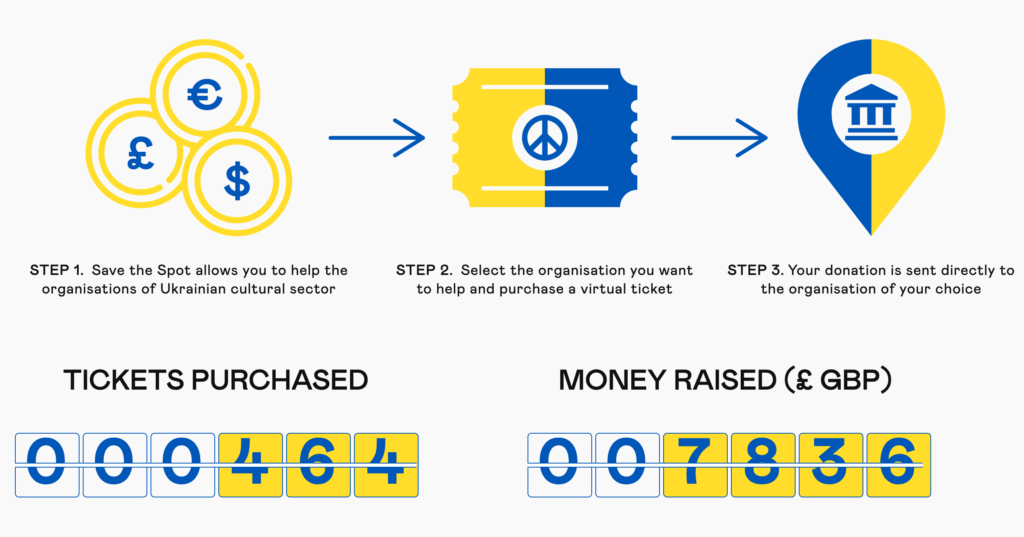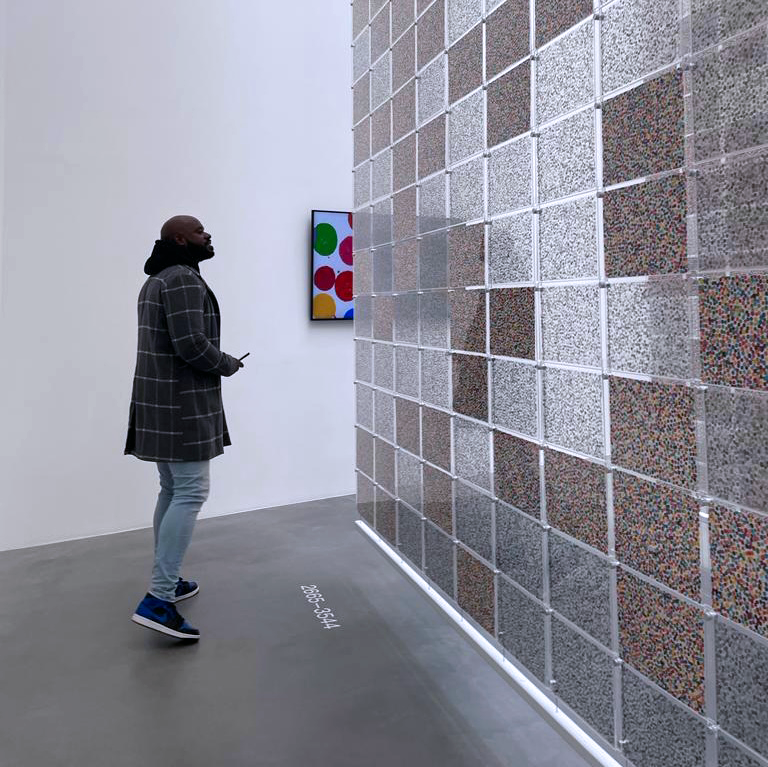Russian entrepreneur Tatiana Fokina, known for her leadership at the prominent fine wine and spirits emporium, Hedonism wines, and Michelin-star restaurant HIDE, has emerged as a vocal opponent of Putin’s regime in Russia over the years. Her criticism is not limited to political rhetoric either; Fokina has been actively involved in initiatives aimed at lessening the impact of the ongoing conflict in Ukraine.
In Fokina‘s relentless commitment to supporting Ukraine during challenging times, her latest action takes shape as a not-for-profit organisation called “Save the Spot“, an online platform seeking to raise funds for cultural institutions affected by the crisis in Ukraine. In a concerted effort “Save the Spot” has established collaborations with multiple cultural institutions in Ukraine, spanning museums, galleries, theatres, libraries, and zoos.
It’s at times of crisis that culture is most endangered; most likely to be overlooked and most likely to be destroyed. It is also at such times that culture matters most.
Tatiana Fokina
The severe impact of the invasion has taken a toll on each of these establishments, resulting in significant damage and, in some cases, forced closure. In a unique approach to fundraising, Save the Spot has introduced a unique system wherein individuals can purchase “entrance tickets” to various partner cultural institutions in Ukraine. The donations received will be directed towards facilitating the restoration of the damaged buildings and their valuable contents, aiming to reopen these institutions to the public once again. We had the opportunity to speak with Fokina and gain insights into Save the Spot.
Hi Tatiana, please introduce yourself and tell us a little about your background.
Tatiana Fokina: My name is Tatiana Fokina. I’m the CEO of the Hedonism group. It’s a group of London-based businesses, including a Michelin star restaurant, Hide, Hedonism wines which is an extensive wine business, and we also have a café and a pub. This is one of the areas of my work which I’ve been doing for over 12 years.
Thirteen years ago, I relocated from Russia to London. Alongside my career, I also practice interior design and have an interior design studio called Studio Cache. Additionally, I am known as a political activist, primarily due to my involvement with the political climate in Russia during the past few decades.
Tell us about the idea behind Save the Spot, what the organisation is trying to achieve, and what makes it unique.
Tatiana Fokina: Since the war in Ukraine began, many people have felt a strong desire to offer their support. As you can imagine, it has been particularly difficult for those who are Russian, given the complicated situation at hand. When the war started, my team and I were determined to find a way to make a positive impact. That’s when we came up with Save the Spot, a project very close to my heart and still in its early stages.
Once you are on the platform, with a few simple clicks, you can effortlessly support an institution of your choice, with 100% of donations going directly to the venues. The idea is you buy a ticket from a museum you may not visit, with the amount of the ticket sale donated directly to the venue, allowing them to rebuild and reopen once the war ends, ultimately helping the preservation of Ukraine’s cultural heritage.
Did you face any difficulties when setting up Save the Spot?
Tatiana Fokina: The timing of our idea was challenging, as we came up with it in March, just a month after the war began. Given the chaos in Ukraine, it wasn’t easy to find the right people to speak with and move the initiative forward. Then making sure they could accept help, I say building the platform was the easiest part.
Again we have been very fortunate with the support of the project from the very outset. So getting people to donate and getting people talking about it and interested was fine. It was finding those museums in small towns, explaining to them the concept and that the money goes directly to them. We are not a charity. We are a tool that facilitates donations and sometimes helps them set up and accept online payments because, again, you have to imagine in what state lots of things are during the war.
So there have been difficulties along the way. Now we’ve attracted the first 15 venues, it’s much easier because you can talk about it and provide case studies for our future partners and say, “Look, it’s very smooth. It’s a great way of helping you guys,” and similarly to explain it to those who want to donate.
Do you feel like the preservation of culture is overlooked in times of crisis?
Tatiana Fokina: In this crisis and this war, Ukraine is a place with extreme breadth and depth of cultural heritage and a very pronounced cultural identity they are defending alongside the territories. In any war, the preservation of cultural heritage is very important. But in this one in particular because what Ukraine has been trying to say all this time is that we are a different nation. We have our own language. We have our own culture, borders, and territories, and this is what we shed our blood for.
Having been to Ukraine on many occasions and having been fortunate enough before the war to see all the amazing historical monuments and the budding sort of modern Ukrainian culture. It breaks my heart to see what’s happening with it.
Yet cultural heritage in times of war becomes a bit of an afterthought a lot of the time because, of course, saving people is – saving lives, helping refugees is the prime goal, but then I think when we think about what we will end up with when the war is over and as well. I’m from Saint Petersburg in Russia, which suffered during the siege during World War II. You grow up hearing amazing stories about how people risk their lives to protect paintings and buildings, and I think that’s sort of – that sits very profoundly in me that these are also things that should be protected in those times.
How does the money you raise help Ukraine’s cultural institutions?
Tatiana Fokina: If an organization wishes to receive support from Save the Spot, it must work closely with our partners in Ukraine. This ensures that we can verify the authenticity of the organization, confirm its cultural significance, and assess the impact of the war on its operations. Equally important is determining whether they can accept the assistance given the current chaotic circumstances. For many venues, their teams have left, adding to the situation’s complexity.
Currently, our platform has 15 venues that are getting help. They range from cultural centres to local smaller museums to theatres and a couple of ecological centres where the animals that are part of those centres need to be fed. In other cases, if we’re talking about libraries and museums, to maintain the collection, you need people to keep taking care of the art objects and the books and pay those people. So in some cases, the money will go towards reconstruction to a later date when the war is over because I think, at the moment, there is still minimal certainty when the war will stop and where those borders will move. So we concentrate on the things that can be remedied at the moment.
Will you be approaching any UK arts or cultural institutions to twin them with their equivalents in Ukraine?
Tatiana Fokina: The original thought was to do that, as you say, twin them, so if you bought a ticket to, let’s say, the Royal Academy of Arts, you can also get the ticket to its twin in Ukraine.
That was the initial idea, but unfortunately, it’s challenging to realise because most of the more prominent UK museums have a board of directors. They have charities of their own. It’s a complex structure, and although we got lots of positive feedback on the initiative, most museums found it too tricky. So we decided to adjust the idea, make it simple for people, and address them to a specific platform rather than pairing up Ukrainian museums. With the Ukrainian museums, again, this is a wonderful idea. We would be delighted if there is any change at any stage, and we can still do it.
Please tell us why people should support Save the Spot.
Tatiana Fokina: Save the Spot provides a transparent and straightforward way to support Ukrainian culture and help it endure. With just a few clicks, you can donate any amount you wish to the chosen venue, and all the funds go directly to that organization. This level of transparency is crucial because there are many charities and initiatives out there, and it can be challenging to determine how the money is being used and who is receiving it.
Save the Spot’s approach is refreshingly straightforward; even a modest donation of 10 or 20 pounds can make a significant difference for these cultural venues. That’s why I feel it’s essential to spread the word about this initiative and encourage others to donate.
©2023 Tatiana Fokina, Save The Spot


